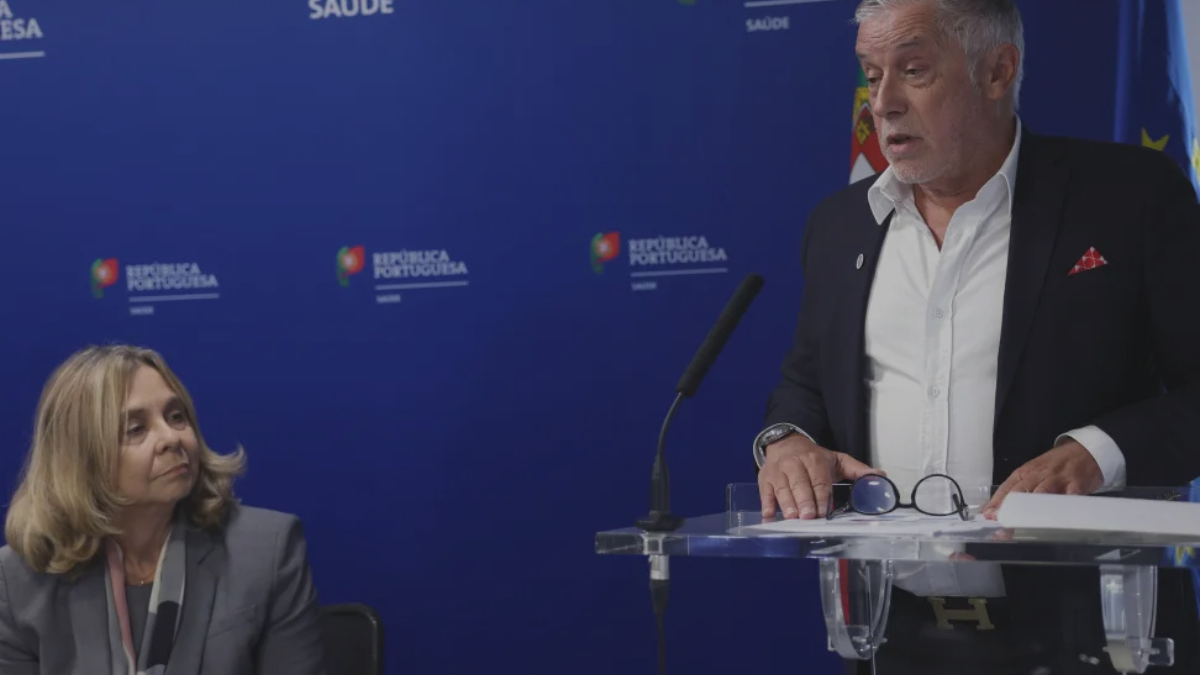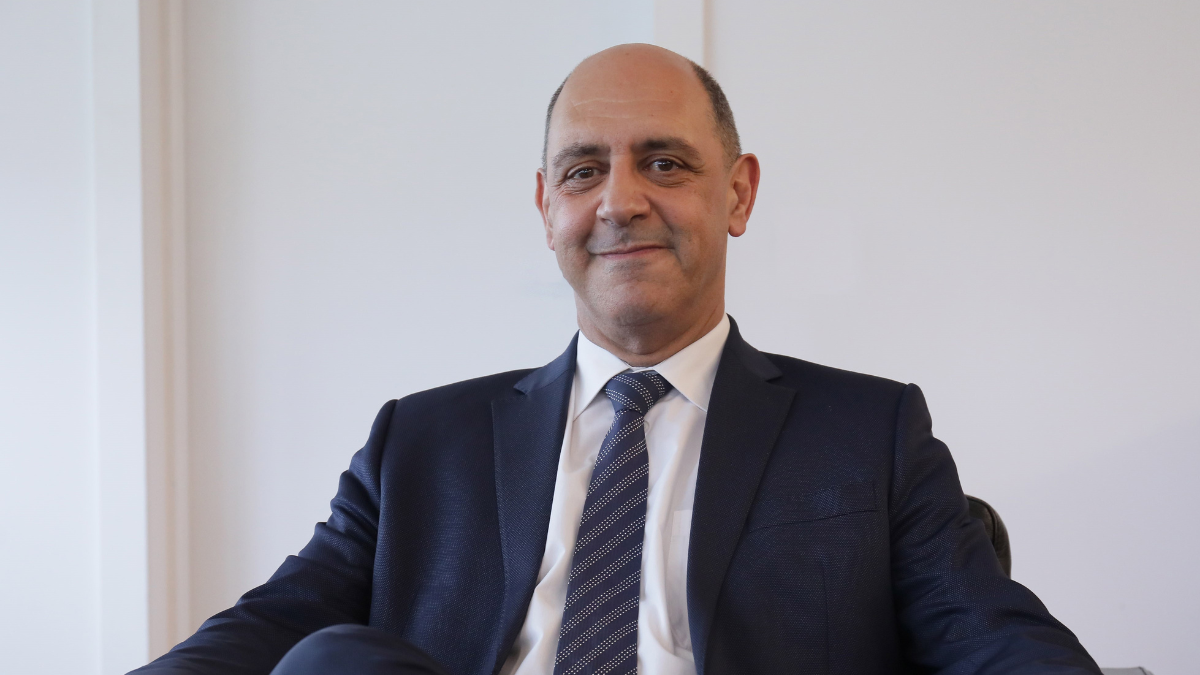The National Commission for Women’s, Children’s, and Adolescents’ Health announced measures on Tuesday aimed at preventing the closure of emergency services in obstetrics-gynecology and pediatrics this winter.
Read More About: 3 Day Algarve Tech Hub Summit 2024 About Digital Innovation In Albufeira From 23 October
The Minister of Health has already signed the decree outlining these measures, and they will take effect upon publication. The government will first launch a pilot project in obstetrics-gynecology, targeting the Lisbon and Tagus Valley regions, specifically Leiria, Caldas da Rainha, Santarém, and the Setúbal Peninsula, which includes the hospitals of São Bernardo, Barreiro, and Montijo.
For pediatrics, authorities will introduce a triage telephone line and establish two Clinical Care Centers in Lisbon and Porto to alleviate the strain on hospital emergency services.
Key Focus On Referrals
At the press conference, committee chairman and pediatrician Caldas Afonso emphasized that the plan aims to shift the approach of the National Health Service (NHS). The key focus remains on “referral”—for pregnant women, women with gynecological issues, and children.
For women, the committee chairman reiterated the message central to the Birth in Safety program: “Call First, Save Lives.”
This approach aims to reduce around 45 to 50% of non-urgent cases that are currently straining human resources in obstetric emergencies. The same principle applies to children.
According to the pediatrician, estimates show that out of every 100 children in Portugal, 70 visit emergency rooms, whereas the average in the European Union is much lower.

Changes In The Pediatric Sector
In this reorganization of the emergency network, the most notable changes are in the pediatric sector. The team will introduce a new assistance telephone line and create two Clinical Assistance Centers (CAC) in Lisbon and Porto, similar to those already available for adults.
These measures aim to ease the burden on hospital emergency services.
The CACs will be based at Prelada Hospital in Porto, where the adult CAC is already in operation. Although finding a suitable unit in Lisbon has been challenging, Caldas Afonso mentioned that negotiations are ongoing to establish the center at Cruz Vermelha Hospital.
In Lisbon, the center will handle children categorized as non-urgent (blue and green bracelets) from the Santa Maria, D. Estefânia, and São Francisco Xavier hospital areas. Meanwhile, the Prelada CAC in the North will serve non-urgent cases from the Porto metropolitan area.
Also Read: Luís Montenegro speech at PSD Congress: “We Are Not Descendants of Swamps”
In obstetrics-gynecology, the committee recommends enhancing triage by nurses in collaboration with specialist hospital nurses. According to the presented flowchart, pregnant women assigned a blue bracelet during triage will be directed to an open consultation in primary healthcare on the next business day or to a routine consultation.
Pregnant women who go directly to the emergency room will receive advice to contact the SNS 24 helpline. If they choose not to do so, a specialist in maternal and obstetric health nursing (EESMO) will still assess them, as Caldas Afonso explained.
The plan also enables direct referrals to the obstetrics and gynecology emergency department for pregnant women who present a letter from a doctor or specialist nurse, receive referrals from pre-hospital emergency services, or are in a life-threatening situation.
Addressing Human Resource Challenges
All of this requires human resources, which was the main cause of the temporary emergency service closures across the country during the summer, particularly in the Lisbon and Tagus Valley regions.
The committee coordinator acknowledged this challenge. He said:
We will have a buffer of human resources that will allow us to manage the difficulty of keeping emergency services open.
However, he did not explain how they would create this buffer. He also highlighted the need to encourage and motivate healthcare professionals but did not provide details on whether they would introduce additional measures to address this.
Caldas Afonso reiterated the Minister of Health‘s assurance made at the start of the session that rotating closures will come to an end.” He emphasized that “users should know which emergency services are available from January 1st to 31st.

Collaborative Commitment to Emergency Services
The president of the national commission includes:
-
Diogo Ayres de Campos: Former president of the previous commission appointed by Marta Temido.
-
André Graça: President of the Federation of Portuguese Societies of Obstetrics and Gynecology.
-
Maria da Luz Loureiro: Specialist in General and Family Medicine; coordinator of the Medical Internship in the North Zone.
They collectively assured that no existing obstetrics and gynecology emergency services will permanently close and that they will not concentrate resources in just a few units.
Caldas Afonso acknowledged that some experts discussed and supported this scenario. However, he clarified that these measures were developed after consultations with various scientific societies representing women’s and children’s health.
This process also involved input from the specialty colleges of the Order of Physicians and the boards of directors of the Local Health Units (ULS).
Reactions to the Announcement
Reactions quickly followed this announcement. Hospital administrator Xavier Barreto emphasized the importance of waiting to see how the measures would be implemented in practice. He noted that presenting them in isolation would make it difficult to predict their overall impact.
Meanwhile, the FNAM (National Federation of Doctors) expressed concerns from the doctors’ side, arguing that:
Portugal has no way of strengthening the NHS and is doomed to setbacks in terms of health outcomes.
In a statement, the union expressed concern that telephone lines will continue to hold pregnant women hostage, replacing face-to-face care, and the same applies to children.






